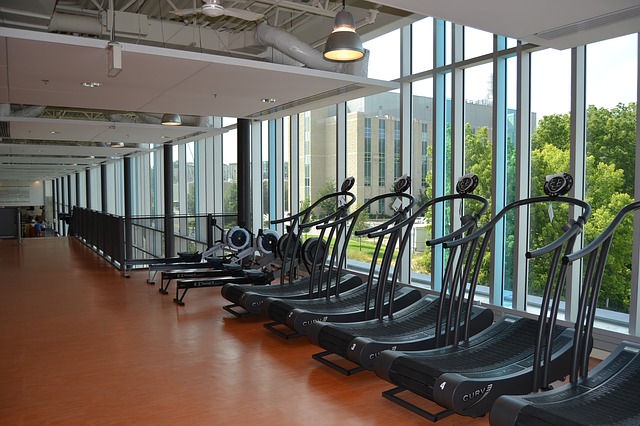Exercise Treatment of Depression: Efficacy and Dose Response
Depression is a global disease causing the worldwide burden of increasing disability and death. Most cases of mild to moderate depression are usually not evident to caregivers, relatives, and even health workers. Different treatment modalities have been researched and used in the treatment of depression. This study was designed to check the effectiveness of exercise as a treatment option for mild to moderate major depressive disorder (MDD) and also to ascertain the dose-response relation of exercise and reduction in depressive symptoms.
A randomized 2×2 factorial design plus a placebo-controlled study was carried out between July 1998 and October 2001 using 80 people from an initial pre-screened 1664 participants. The sample size was drawn to include men and women aged 20-45 years with the diagnosis of mild to moderate major depressive disorder using Structured Clinical Interview for Depression (SCID) according to DSM-IV classification. Patients with mild (HRSD17 score of 12 to 16) to moderate (HRSD17 score of 17 to 25) were used for the study. The sample size was obtained by well trained and certified staff who conducted the SCID and HRSD17 (17-item Hamilton Rating Scale for Depression) interview.

Participants were divided into five groups (four aerobic and an exercise placebo group) the aerobic group were placed on 7kcal/kg/week low dose (LD) or 17.5kcal/kg/week public health dose (PHD) weekly energy expenditure on either a 3 days/week or 5 days/week regimen. Exercise dose was determined using the American College of Sports Medicine exercise prescription guidelines. The four groups were designated LD/3 (16 participants), LD/5 (18 participants), PHD/3 (17 participants) and PHD/5 group (16 participants). The exercise placebo group participants were subjected to a flexible exercise for 15-20 minutes 3days/week (13 participants). Exercise regimen was monitored by attending laboratory staff. However, 19 of the participants didn’t complete the exercise routine.
Results obtained from analysis were impressive. The major finding indicated that public health dose of exercise is an effective stand alone treatment for mild to moderate depressive disorder which was better when compared to results obtained from the controlled group or low dose group. In PHD group, about 46% of participants had significant improvement (therapeutic response) in clinical symptoms after 12 weeks of exercise therapy (50% reduction in baseline HRSD17 score), and 42% of participants in PHD group had remission of symptoms.
There was no significant difference in response rate of participants in the low-dose (LD) and exercise-placebo group. However, both groups had a slight reduction in severity of depressive symptoms. Improvement of clinical symptoms in PHD is attributed to total energy expenditure because there was no difference in symptom remission in the 3day/week and 5day/week PHD groups. Adjusted mean HRSD17 scores at 12 weeks were reduced by 47% for PHD group from baseline compared with 30% and 29% for LD and control group respectively.
It is important to note that patients placed on a treatment regimen of aerobic exercise using public health recommended dose will benefit greatly from this treatment modality. This study showed that aerobic exercise is effective in the treatment of mild to moderate major depressive disorder. With few studies carried out on this form of therapy, it is highly recommended that more studies should be carried to ascertain the effectiveness of aerobic exercise therapy and its efficacy when compared to other forms of therapy e.g. antidepressant therapy and cognitive behavioral therapy.
You have just read a summary of the research paper: Dunn, Andrea L., et al. “Exercise treatment for depression: efficacy and dose response.” American journal of preventive medicine 28.1 (2005): 1-8. Read the full paper here. Read a similar controlled clinical trial here – The DOSE study: a clinical trial to examine efficacy and dose response of exercise as treatment for depression.

